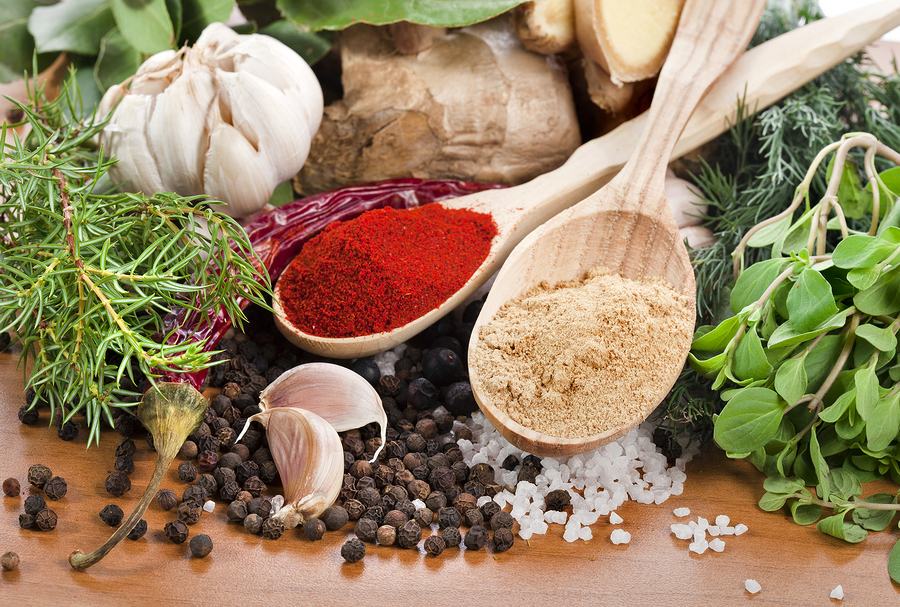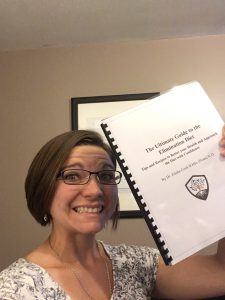Written by Christa Bakker RHN

I was recently asked, “What’s the difference between a Holistic Nutritionist and a Dietician?” To help answer, I have gathered some information provided by CSNN (Canadian School of Natural Nutrition), Cahn-Pro (Canadian Association of Holistic Nutrition Professionals), and CANNP (Canadian Association of Natural Nutrition Practitioners). As a Holistic Nutritionist, I can speak from my education, observations, and client experiences. CANNP has published an article highlighting the differences between a Registered Dietician (RD) and a Registered Holistic Nutritionist™ (also called, Certified Holistic Nutritional Consultant™ Professionals, Registered Holistic Nutritional Consultants™, Certified Holistic Nutritionist™). They broke topic down into three categories: Education, Recognition and Approach.
Education
A registered dietician has no doubt spent more time in a classroom than a holistic nutritionist. A registered dietician goes through a university-level program and completes a one-year internship at a medical institution. I completed a college-level program, my ‘internship’ or practical experience was gained by real-life clients and case studies. The university courses that a dietician is required to take are much more science-based, emphasizing chemistry and biology. The university program focuses on conducting and interpreting food studies, research, global food-related problems, and the intricacies of micro and macronutrients; their dietary program is based on ‘Canada’s Food Guide’. The school that I attended, the Canadian School of Natural Nutrition (CSNN), taught nutrition with an importance on the approach and information that a person can easily put into daily use. The holistic approach is that everyone’s body is unique, each with different circumstances and biochemistry. A holistic nutritionist will conduct consultations, use a client’s symptoms to guide and integrate alternative modalities. I build individualized programs using therapeutic dietary approaches. My education was ‘holistic’ in that it explored the connection between emotional, physiological, and environmental aspects of a person’s wellbeing. In short, the dietician’s approach focuses on the theoretical, where the holistic approach is more practical.
Recognition
Dieticians are a recognized and regulated industry in Canada; nutritionists are not. Rules set by the government monitor this regulation; this allows dieticians to work in government sectors, such as hospitals, while nutritionists focus more on the private sector. However, it is essential for a Holistic Nutritionist to belong to a regulatory body, such as CSNNAA, CANNP, or CAHN-Pro. They provide ongoing training and education and assurance that the nutritionist is working within their scope of practice. Not being regulated by the government means that nutritionists don’t get the same recognition from insurance companies, leaving clients to pay out of pocket for their services. This cost may deter some, but paying for individualized nutritional consulting and education makes the experience more meaningful for most clients. Clients who pay for the services of a nutritionist take the information more seriously, becoming more compliant and therefore successful.
Approach

The mainstream medical approach is to focus on chasing disease and reducing symptoms. The holistic approach concentrates on avoiding poor health and reestablishing good health, educating how to bring the body back into balance, and catching imbalances in the early stages. As a Holistic Nutritionist, I encourage my client to learn so they can be in control of their own wellbeing. A Dietician is often found in a hospital providing food guidelines to their patients once they have been diagnosed with an illness. A dietician is trained to lessen symptoms while a nutritionist is trained to seek out the root cause of a client’s symptoms, bringing their body back onto balance. Symptom control will often fail in the long term unless the root cause is sought out. The holistic approach focuses on the whole person, education on food choices, lifestyle suggestions, and supplement recommendations. Each client is unique and requires unique recommendations. A nutritionist will recommend whole, natural, and as high-quality food as possible. For example, butter, a dietician may recommend that a client use margarine in its place. A nutritionist would not recommend to a client a processed food made in a factory with chemical “ingredients” as better for you than something that comes from nature. If a client is allergic or intolerant of dairy, there are many more options that don’t include a chemically processed product. (for example, coconut oil, avocado oil, or ghee)
Although there are apparent differences between a Dietician and a Nutritionist, I believe there is room for both. The important difference is that the client has the benefit of choice.
If you are interested in booking an appointment with a holistic nutritionist, call or text 226-232-7665, or contact Plattsville Natural Health Clinic to book your appointment today.


